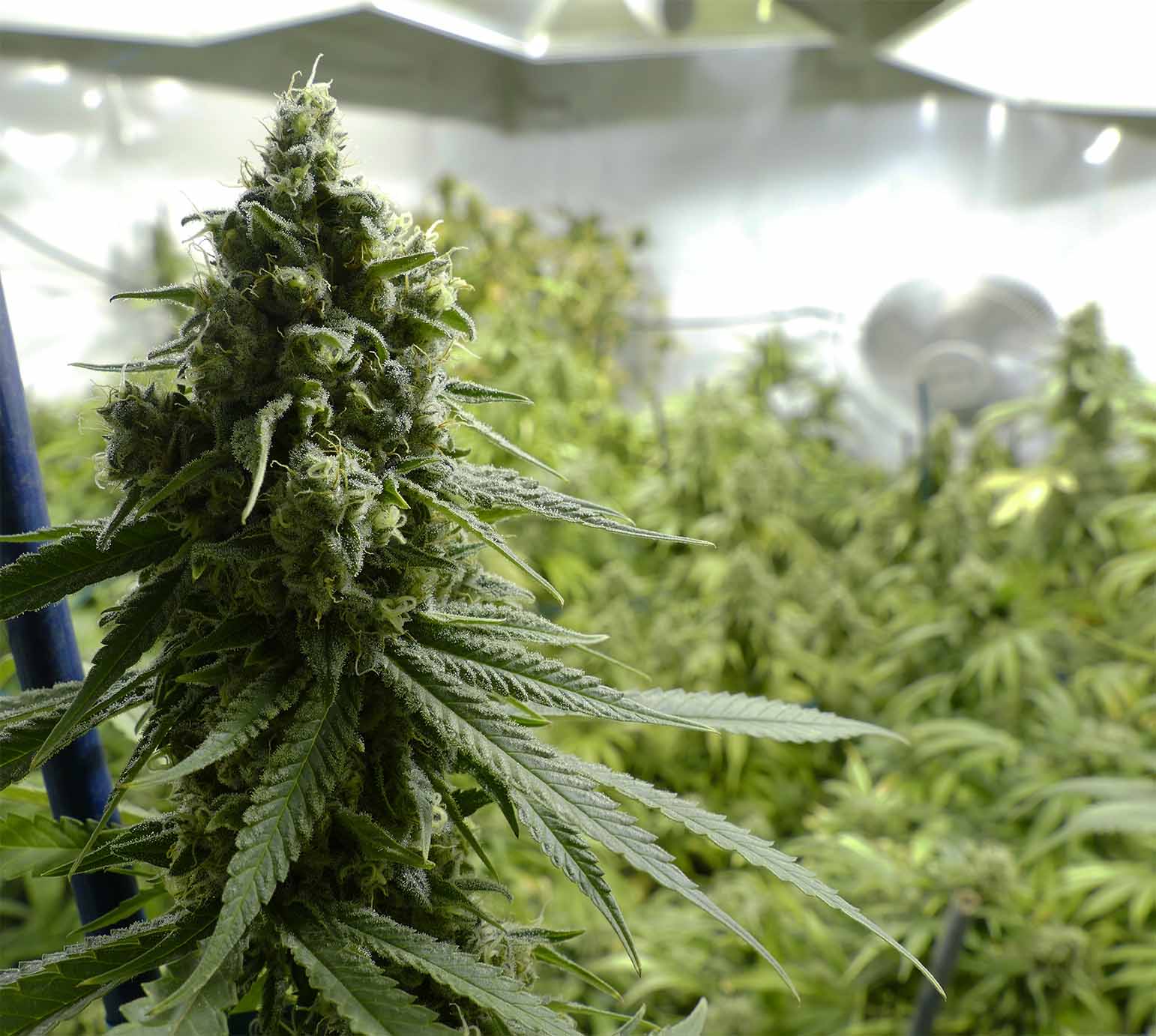Marijuana contains
tetrahydrocannabinol (THC), the psychoactive compound that produces the "high" associated with its use. THC acts on the brain's endocannabinoid system, which plays a crucial role in regulating mood, memory, and reward processing. When THC enters the brain, it binds to
cannabinoid receptors, particularly CB1 receptors, which are abundantly present in areas involved in memory, thinking, pleasure, coordination, and time perception. This interaction alters normal brain communication and results in the psychoactive effects users experience.
Chronic marijuana use can change the brain over time. When THC (the active ingredient in marijuana) repeatedly stimulates CB1 receptors in the brain, the brain tries to balance this by reducing the number of these receptors. This means that over time, you need to use more marijuana to get the same effects because your brain has fewer receptors for THC to interact with. Additionally, marijuana increases the release of dopamine, a chemical in the brain that makes you feel pleasure. This makes using marijuana more rewarding and can lead to repeated use and seeking out the drug.


























